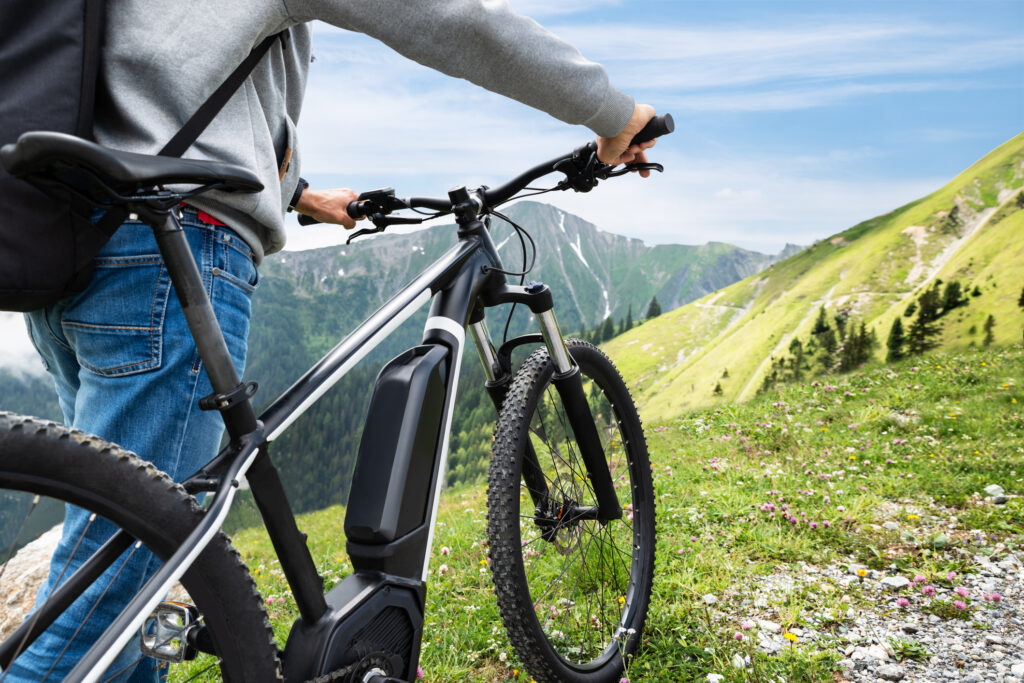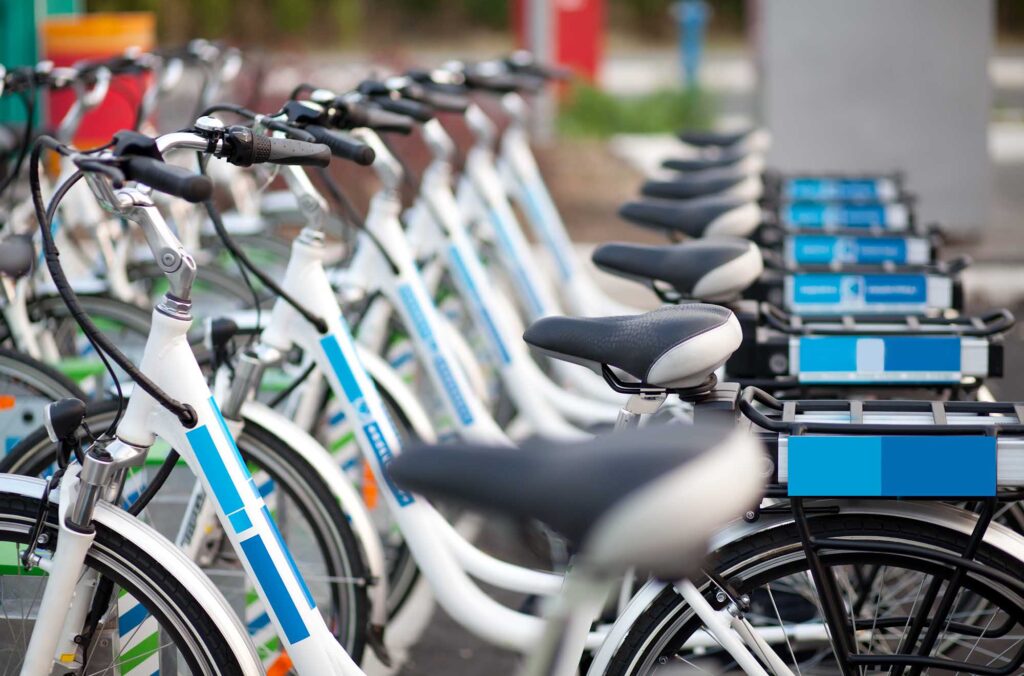E-bikes are a great way to get around town, but before you buy one, there are a few things you should know about licensing, taxes, and insurance.
In most states, e-bikes are treated like bicycles for licensing purposes. That means you usually don’t need a special license or registration to ride one. However, there are a few exceptions.
For example, in New York City, you must have a bicycle license to ride an e-bike. In Washington, D.C., they are considered mopeds, so you need a driver’s license and registration to ride one.
Most states also treat these vehicles like bicycles for tax purposes. That means they are usually exempt from state and local sales taxes, with a few exceptions. For example, in California, e-bikes are subject to state sales tax.
When it comes to insurance, e-bikes are usually treated like bicycles. That means if you have homeowner’s or renter’s insurance, your policy may cover damage to your e-bike caused by fire, theft, or vandalism. However, it’s always a good idea to check with your insurance company to make sure you have the right coverage.
Page Contents
What you need to know ?

E-bike insurance is a must if you’re planning on riding it on the road. Here’s what you need to know about insurance, including what it covers and how much it costs.
What does insurance cover?
Most e-bike insurance policies will cover you for third-party liability, meaning that if you cause damage or injury to another person or their property, your insurer will pay out. That’s the minimum level of cover you should get, but you can also buy policies that cover you for theft, damage to your own bike, and personal accidents.
How much it cost?
The cost of e-bike insurance varies depending on a number of factors, including the value of your bike, where you live, and how often you ride. For example, e-dirt bikes are different from general electric bikes as they have more features and are designed for rough terrain. Therefore, the insurance cost will be different. But as a rough guide, expect to pay around £10-£20 per year for basic third-party liability cover.
Licensing requirements
Do I need a license to ride my e-bike?
The answer to this question depends on the power output of your e-bike’s motor. In the UK, electric bikes with a motor power output of up to 250 watts are classified as ‘electrically assisted pedal cycles’ (EAPCs). This means that you do not need a license, insurance, or MOT to ride one.
Vehicles with a motor power output of more than 250 watts are classified as ‘power-assisted pedal cycles’ and fall under the same rules as regular bicycles – you do not need a license, but you must have third-party insurance and your bike must be MOT’d if it is three years old or more.
In the US, federal law considers e-bikes that have a motor power output of up to 750 watts and top speeds of 20 mph or less as ‘low-speed electric bicycles. These are treated as regular bicycles for licensing purposes and do not require registration or insurance. State laws may differ, so check with your local DMV to be sure.
Electric bikes with motors that produce more than 750 watts of power or have top speeds of over 20 mph are considered ‘motorized vehicles’ under federal law and therefore require licenses, registrations, and insurance just like any other car or motorcycle.
E-bike tax: What you need to know

In the United States, for example, E-bikes are considered bicycles and are therefore not subject to sales tax. However, in other countries like the Netherlands, they are considered mopeds and are subject to VAT. So, before you buy one, make sure you know the laws in your country.
Financing options
There are a few different ways to finance your e-bike, and the best option for you will depend on your personal circumstances. Here are some of the most common financing options:
- Personal loan: If you have good credit, you may be able to take out a personal loan to finance your e-bike. The interest rate on a personal loan will be lower than the interest rate on a credit card, so this can be a good option if you’re confident you can make the monthly payments.
- Credit card: You can use a credit card to finance your e-bike, but keep in mind that the interest rates on credit cards are much higher than the interest rates on personal loans. If you’re not confident you can pay off your credit card balance in full every month, this is probably not the best option for you.
- E-bike-specific financing: Some companies that sell e-bikes offer financing options specifically for their products. This can be a good option if you’re confident you’ll be able to make the monthly payments, and it can sometimes get you a lower interest rate than other financing options.
- Government incentives: In some countries or states, there may be government incentives available to help finance your e-bike purchase. These incentives could take the form of tax breaks or rebates, so it’s definitely worth checking into whether any are available where you live before making your final decision on how to finance your e-bike.
Tips and tricks for maintenance
- Check the battery regularly. Batteries are the heart of an e-bike, so it’s important to keep them in good condition. Most batteries need to be charged every few months, so it’s a good idea to set up a regular charging schedule.
- Keep an eye on the tires. Flat tires are one of the most common problems with e-bikes, so it’s important to check them regularly. If you see any flats, be sure to patch or replace the tire as soon as possible.
- Brakes! E-bikes can go fast, so it’s important to have good brakes. Be sure to check them regularly and replace them if they start to wear down.
Conclusion
E-bikes are becoming increasingly popular, and with good reason. They offer a unique experience that is hard to find anywhere else. However, before you buy one, it’s important to be aware of the licensing, tax, and insurance requirements that apply in your state. By understanding these requirements, you can make an informed decision about whether or not buying an e-bike is the right choice for you.



